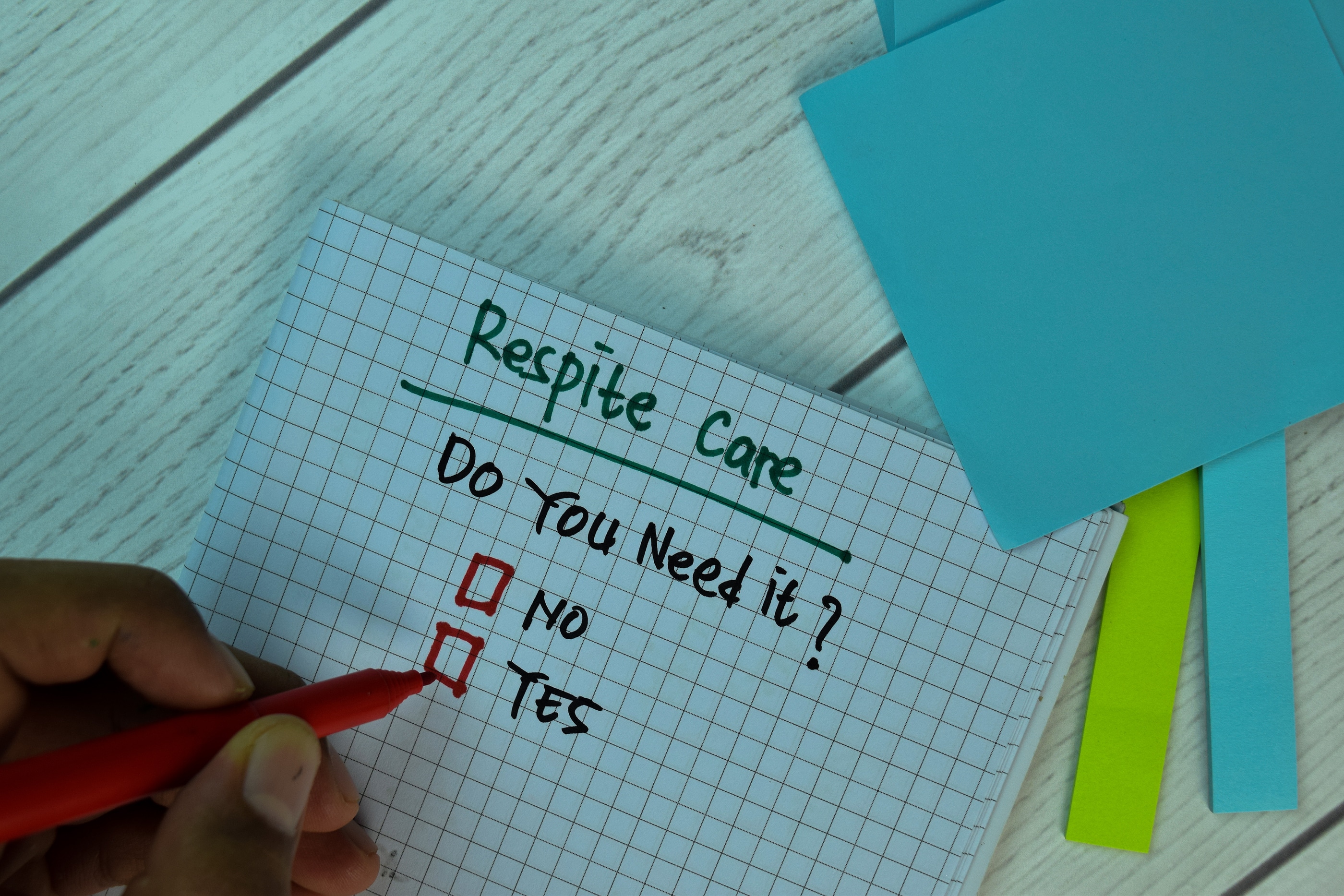Category: Caregiver Needs
5 Tech Tools to Add to Your Caregiving Regimen
There’s no question that technology has made a significant difference in how we work, play, and live. It also provides many benefits for caregivers and their children or family members living with intellectual and developmental disabilities (I/DD). Technological tools and resources can offer reliable safety measures for care recipients, save time when making appointments or […]
3 Questions to Ask as You Set Intentions for the New Year
New Year’s resolutions and personal goals are valuable tools to motivate ourselves as we implement positive life changes. For caregivers or individuals living with intellectual and developmental disabilities (I/DD), it can be challenging to find the time, motivation, and energy to set goals and meet those expectations. Concentrating on our intentions — the why behind […]
Make Holidays Merry With These 4 Caregiver Tips
The holidays are meant to be full of weekends with friends and family, practicing traditions that only come around once each year. As a caregiver for an aging adult, a child with a developmental disability, or a family member with an intellectual disability, the hustle and bustle of the holidays can make life even more […]
Celebrating & Honoring National Family Caregivers Month
Being a caregiver for a family member struggling with a mental illness or living with a life-threatening condition can be difficult, exhausting, and frustrating. You may spend hours of the day and night sitting by their bedside, taking them to doctor’s appointments, picking up medical supplies or prescriptions, cooking meals, and participating in several other […]
4 New Resources to Help State Medicaid and Partner Agencies
As family members who care for individuals with developmental or intellectual disabilities (I/DD) age, there is an increasing need to support aging caregivers. Family members may need to plan for their loved one’s future or access state Medicare or Medicaid services for themselves. In response to this concern, the Centers for Medicare and Medicaid Services […]
4 Ways to Avoid Burnout and Manage Stress as a Caregiver
Supporting your physical and mental health as a caregiver is just as important as caring for family members living with disabilities or experiencing long-term illness. Sadly, burnout and stress are a reality for many caregivers, and at Direct Care Innovations, we understand the heavy burden that is often placed on your shoulders. Read through these […]
New Year’s Resolutions for Family & Direct Support Caregivers
Caring for others can exhaust both your time and energy. While it can be rewarding to make a difference in your client’s or family member’s lives, it can also be demanding on your schedule, mental stamina, and physical strength. At Direct Care Innovations, we want to encourage you to make some New Year’s Resolutions that […]
More Support Needed for Family Caregivers
In the fall of 2022, the U.S. Department of Health and Human Services (USDHHS) revealed its first collaborative and strategic national plan for providing family caregivers with various supports and resources. The 2022 National Strategy to Support Family Caregivers consists of several hundred action steps that can help relieve family caregivers of the extra burdens […]
Why Caregivers Are Decreasing but Home Care Clients Are Increasing
It’s no secret that the home health care industry is changing. One of those changes we’re seeing is the increase of home care clients and the simultaneous decrease of available caregivers. At Direct Care Innovations, we do our best to support the home health care industry by providing valuable management software solutions that will improve […]
Everything You Need to Know About Respite Care
Caring for a loved one who is ill or living with a disability at home is a 24/7 job. Consequently, caregivers need to create space to properly care for themselves. Otherwise, you risk burnout and exhaustion, which serve neither you nor your loved one. Direct Care Innovations wants you to know that help is available […]











